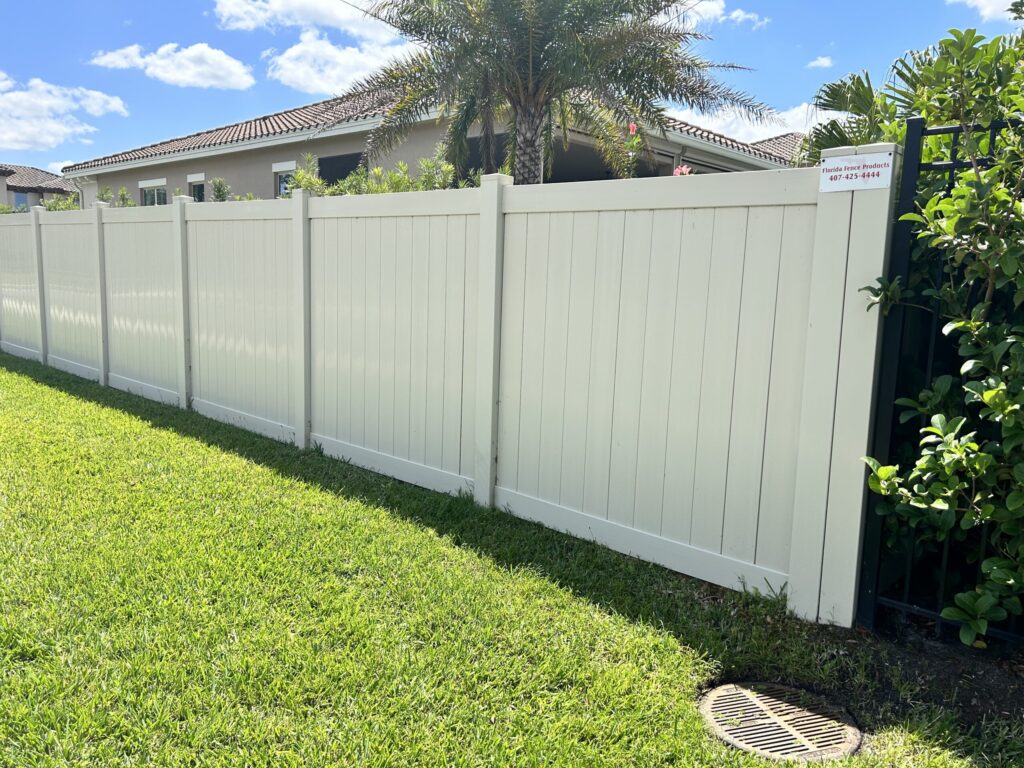Dubai’s real estate market has long been a magnet for foreign investors, thanks to the city’s strategic location, robust economy, and luxurious lifestyle offerings. Whether you’re looking for a high-yield investment, a vacation home, or a permanent residence, Dubai provides a wide range of options to suit various needs and budgets. However, navigating the process as a foreign investor can be complex, with specific regulations and considerations to keep in mind. This guide will walk you through the key steps and essential information needed to make a successful property investment in Dubai.
When embarking on your investment journey, partnering with experienced professionals is crucial to ensuring a smooth process and a wise decision. F&C Properties stands out as a trusted partner in Dubai’s real estate market. With a deep understanding of the local landscape, F&C Properties connects you with top real estate developers in Dubai, helping you secure the best deals and navigate the intricacies of the buying process.
Why Invest in Dubai?
Dubai’s allure as a global city continues to grow, attracting investors from all over the world. Here are a few reasons why Dubai is an ideal destination for property investment:
- Tax-Free Income: One of the biggest draws for foreign investors is Dubai’s tax-free environment. There is no property tax or capital gains tax, allowing investors to maximize their returns.
- Strategic Location: Dubai’s location makes it a global hub, providing easy access to markets in Europe, Asia, and Africa. This strategic positioning adds value to properties in the city.
- High Rental Yields: Dubai is known for offering some of the highest rental yields in the world, particularly in popular areas such as Downtown Dubai, Dubai Marina, and Palm Jumeirah.
- Strong Infrastructure: Dubai boasts world-class infrastructure, including advanced transport systems, cutting-edge technology, and high-quality healthcare and education facilities.
- Diverse Property Options: From luxury beachfront villas to affordable apartments, Dubai’s real estate market caters to a wide range of preferences and budgets.
Legal Framework for Foreign Investors
Understanding the legal framework is essential for foreign investors looking to buy property in Dubai. Here are the key points to consider:
- Freehold vs. Leasehold: Foreign investors can purchase property in designated freehold areas, where they have full ownership rights. In leasehold areas, the property can be leased for a maximum of 99 years.
- Property Ownership for Non-Residents: Non-residents are allowed to buy property in Dubai, but it must be located in designated freehold zones.
- No Residency Requirement: You do not need to be a resident of the UAE to purchase property in Dubai. However, owning property can make it easier to obtain a residency visa.
- Legal Documentation: Ensure all necessary documentation is in order, including the title deed, sale and purchase agreement, and No Objection Certificate (NOC) from the developer or seller.
Steps to Buying Property in Dubai
Step 1: Define Your Investment Goals
Before diving into the property market, clearly define your investment goals. Are you looking for a property to generate rental income, or are you seeking a vacation home or a long-term residence? Your objectives will guide your property search and help you make informed decisions.
Step 2: Choose the Right Location
Location is crucial when buying property in Dubai. Popular areas for investment include Downtown Dubai, Dubai Marina, Business Bay, and Jumeirah Village Circle. Each area has its unique characteristics, so choose one that aligns with your investment goals and lifestyle preferences.
Step 3: Engage a Real Estate Agent
Working with a reputable real estate agent is highly recommended, especially for foreign investors. A knowledgeable agent can help you navigate the market, find the best properties, and negotiate favorable terms. Ensure that the agent is registered with the Dubai Land Department (DLD).
Step 4: Secure Financing
If you require financing, several banks in Dubai offer mortgage options to foreign investors. The loan-to-value (LTV) ratio typically ranges from 50% to 75%, depending on the property type and the investor’s residency status. It’s important to get pre-approved for a mortgage before starting your property search.
Step 5: Make an Offer and Sign the Agreement
Once you’ve found the perfect property, make a formal offer to the seller. If the offer is accepted, you will need to sign a Memorandum of Understanding (MoU) and pay a deposit, usually around 10% of the property’s value. The MoU outlines the terms and conditions of the sale.
Step 6: Conduct Due Diligence
Before finalizing the purchase, it’s essential to conduct thorough due diligence. This includes verifying the property’s legal status, ensuring there are no outstanding debts or disputes, and confirming that the seller has all necessary approvals.
Step 7: Transfer Ownership
The final step in the process is the transfer of ownership. This is done at the Dubai Land Department, where both the buyer and seller (or their representatives) must be present. The buyer will pay the remaining balance, along with a 4% transfer fee. Once the transfer is complete, the buyer receives the title deed, officially making them the property owner.
Potential Challenges and How to Overcome Them
- Fluctuating Market Conditions: Dubai’s real estate market can be volatile, with prices influenced by various factors. Staying informed about market trends and working with a reliable real estate agent can help mitigate risks.
- Legal Complexities: Navigating the legal landscape as a foreign investor can be challenging. It’s advisable to seek legal counsel to ensure compliance with all regulations and avoid potential pitfalls.
- Cultural Differences: Understanding local customs and business practices is crucial when dealing with property transactions in Dubai. Taking the time to learn about the local culture and etiquette can help you build better relationships and negotiate effectively.
Final Thoughts
Investing in Dubai’s real estate market as a foreigner offers numerous opportunities for growth and returns. With its tax-free environment, strategic location, and diverse property options, Dubai remains an attractive destination for investors worldwide. However, it’s essential to approach the process with careful planning, a clear understanding of the legal framework, and the support of experienced professionals. By doing so, you can navigate the market with confidence and secure a property that aligns with your investment goals. Dubai’s dynamic real estate market holds significant potential, and with the right approach, you can capitalize on it to achieve your financial objectives.






